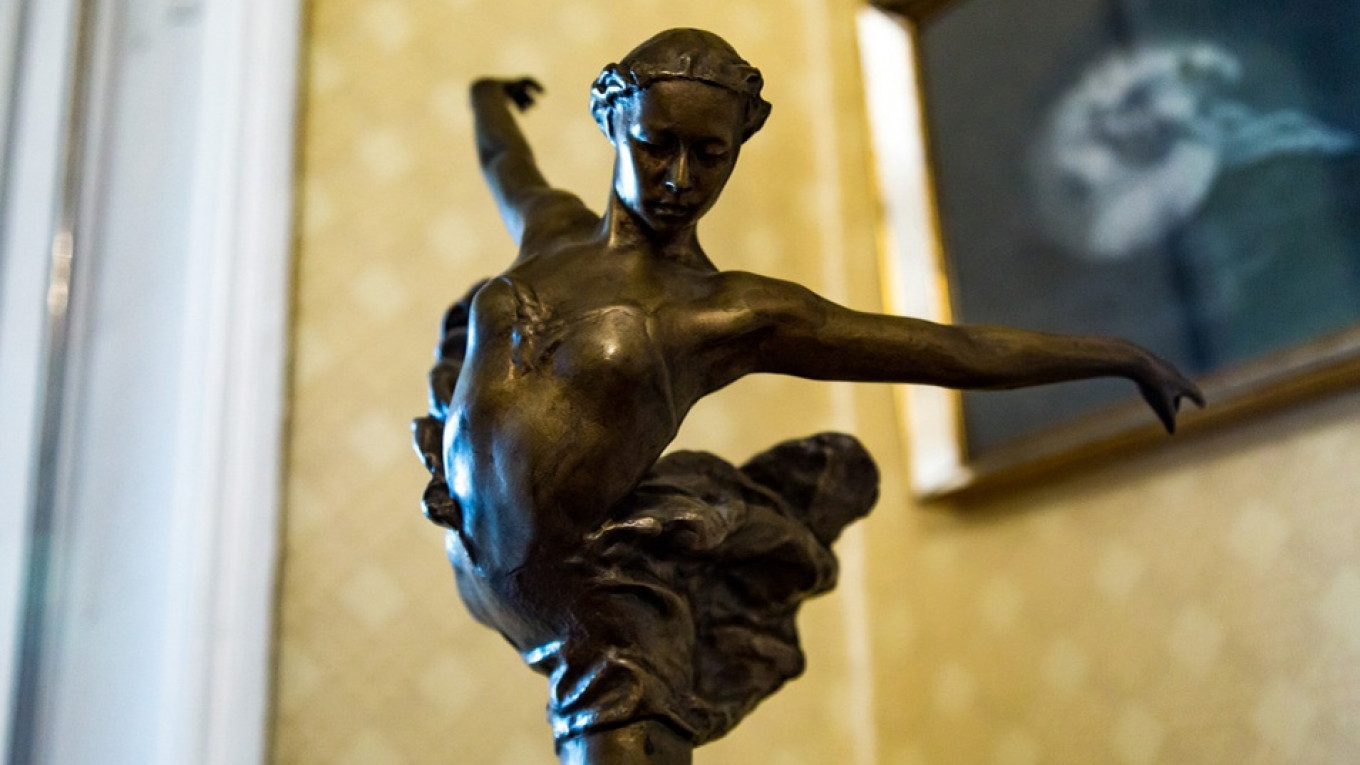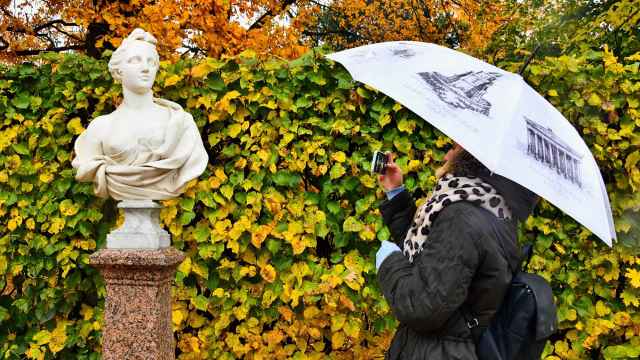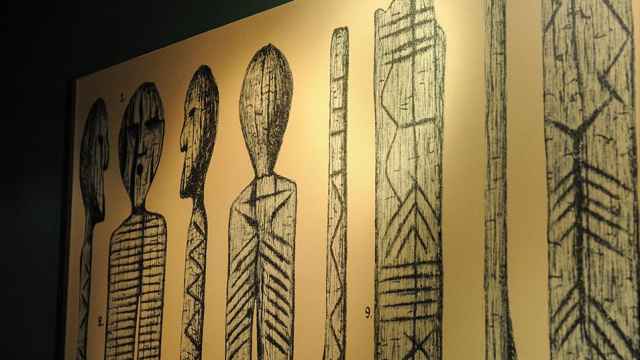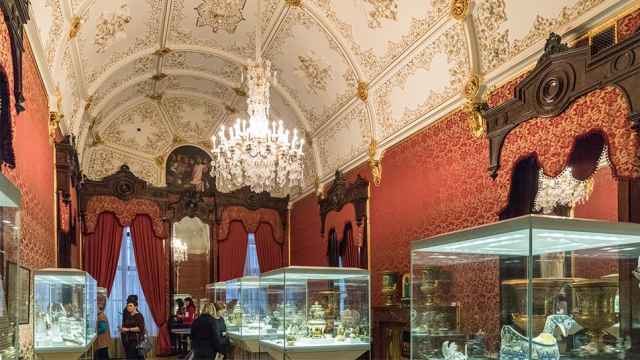Russia has always been known as a ballet powerhouse, producing some of the world's best-known dancers. At home, they are national heroes, and abroad - fascinating wonders from another world.
Galina Ulanova, who danced with the Bolshoi Theater from 1944 until 1960, was the Soviet ballet superstar of her era. She won every award in her field and even the approval of Joseph Stalin, who had her move to Moscow from her native Leningrad. In Moscow she eventually received an apartment in the famous House on Kotelnicheskaya Naberezhnaya, one of what English speakers call the "Seven Sisters."
Her apartment there is now a museum, and the ballet lovers of The Moscow Times Clubs, naturally, had to visit. After walking through the grand front entrance of the Stalinist architectural masterpiece, you might expect her apartment to be a cold, cavernous, multi-storied affair. In fact, it is nearly the opposite: a humble, cozy apartment filled with porcelain and old photographs.
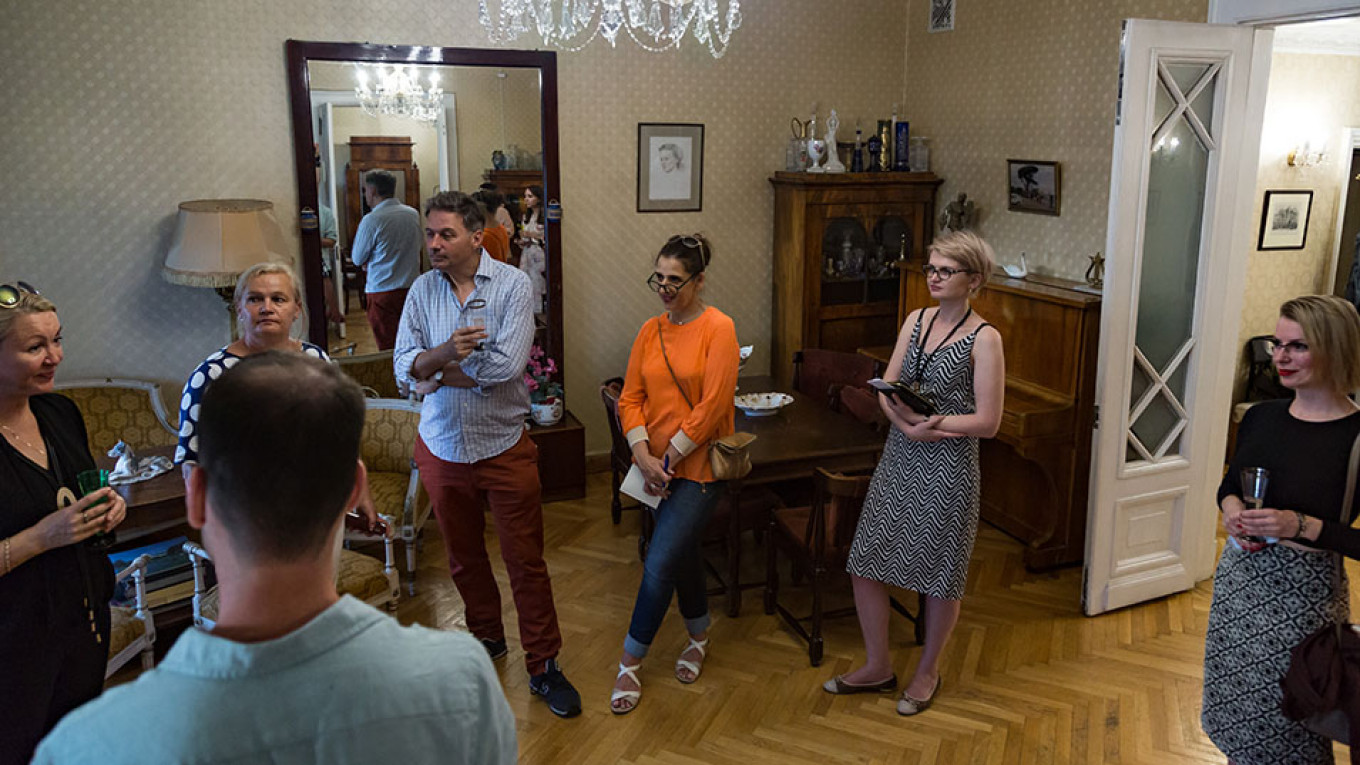
Even though Ulanova passed away twenty years ago,when you walk in, you feel like you're entering someone's home, and not a museum. Everything has been kept exactly as it was when she died. Her TV still works and the calendar in the kitchen is still turned to March 1998. The closet to the left of the entrance has her coat hanging in it.
Waiting for us on a side table were champagne, grapes, and "Bird's Milk" cake, which we grabbed before our tour of the apartment. For our first stop, the museum's Director, Oksana Karnovich, took us to Ulanova's living room. Here we stood by the windows which have an unobstructed view of the Moscow River and the Kremlin, and listened to stories from the golden age of Ulanova's career. While she toured extensively with the Bolshoi abroad, the high point was perhaps in 1956 when she performed at Covent Garden in London. The English could not seem to get enough of her. The spectators even forgot that the queen was present, and were only interested in paying homage to the great Russian dancer. One adoring fan even sent a puppy to Moscow after Ulanova admired the dog's parent. A photograph of the dog hangs in the living room.
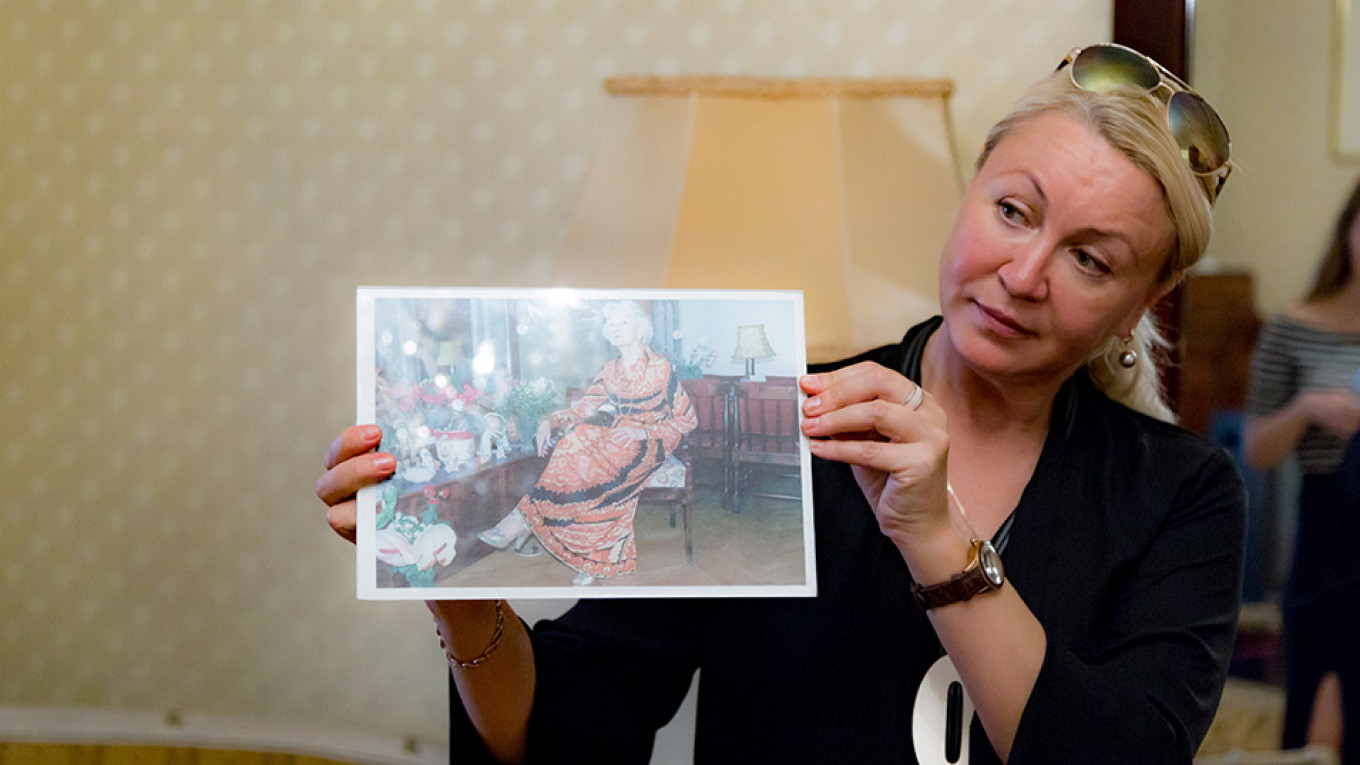
Ulanova was born in 1910 in St. Petersburg. Her father was a theater director and her mother was a dancer. At her parents' insistence, she started learning ballet at a young age and received the best dance training that was available in the Soviet Union.
After her graduation, where she danced the "Chopiniana," her career took off. She became known for the way she could convey emotion through dance, her perfectionism, and how she could move an audience. Ulanova is also known for her collaboration with Sergei Prokofiev. While at first she was averse to contemporary material, she eventually embraced Prokofiev's music, and she danced the role of Juliet in the first production of "Romeo and Juliet" in 1940, as well as Cinderella in 1945.
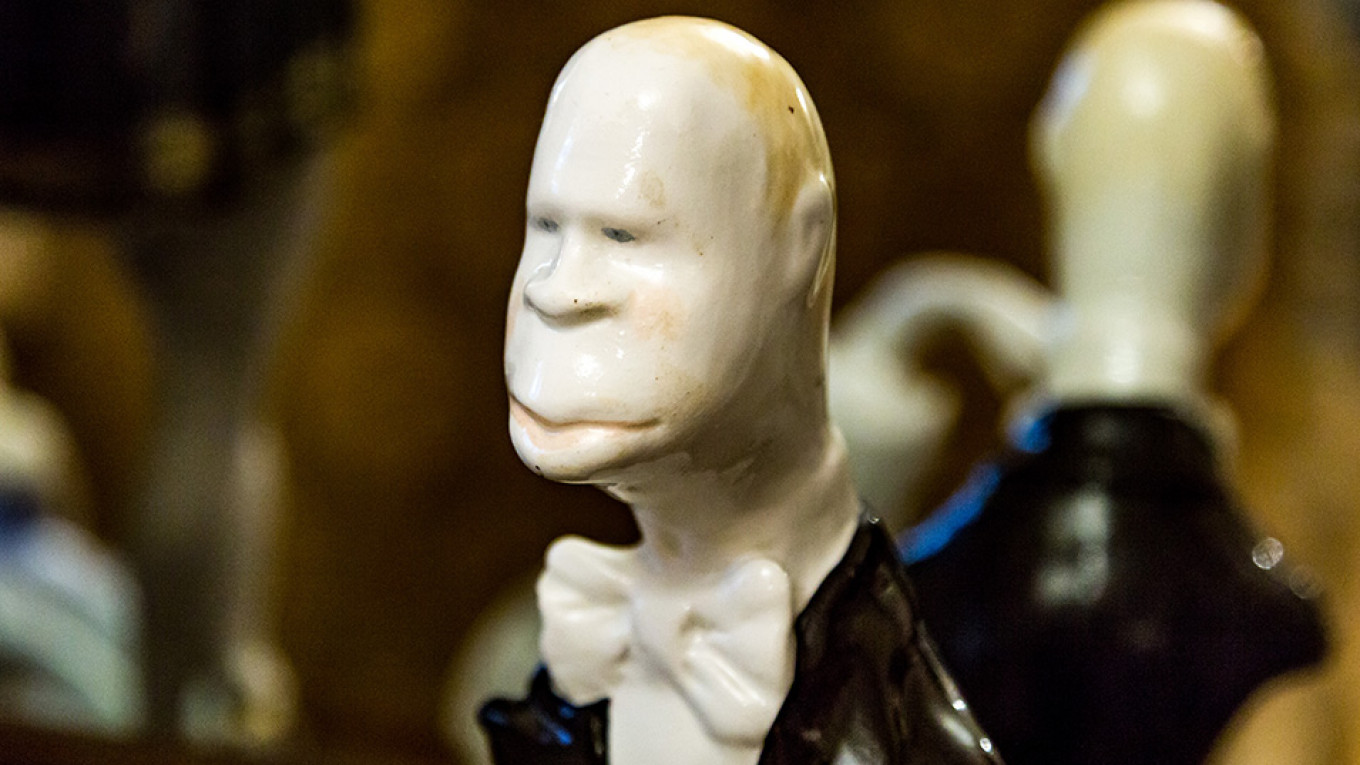
From the living room, we moved to her bedroom, which contained a diminutively sized bed in one corner with her slippers placed neatly next to it. Ulanova, our guide stressed, was an extremely private person, and quite shy. She rarely gave interviews and kept a small circle of friends. Her personal life belonged to her alone. But being in this room, long after her death, gives an intimacy with the artist that few had access to during her lifetime.
At this point, one of us asked if she had ever been married. Despite her small bed, she in fact had several husbands, though all her marriages except one were common-law rather than registered. Toward the end of her life she shared her apartment with Tatyana Agafononovna, a journalist from Komsomolskaya Pravda, whose mother had been Ulanova's neighbor. This arrangement would have been impossible if Ulanova had not adopted Agofonovna as her daughter. After the latter passed away in 1994, Ulanova had a heart attack and was admitted to the Kremlin hospital, where she continued to do ballet exercises daily.
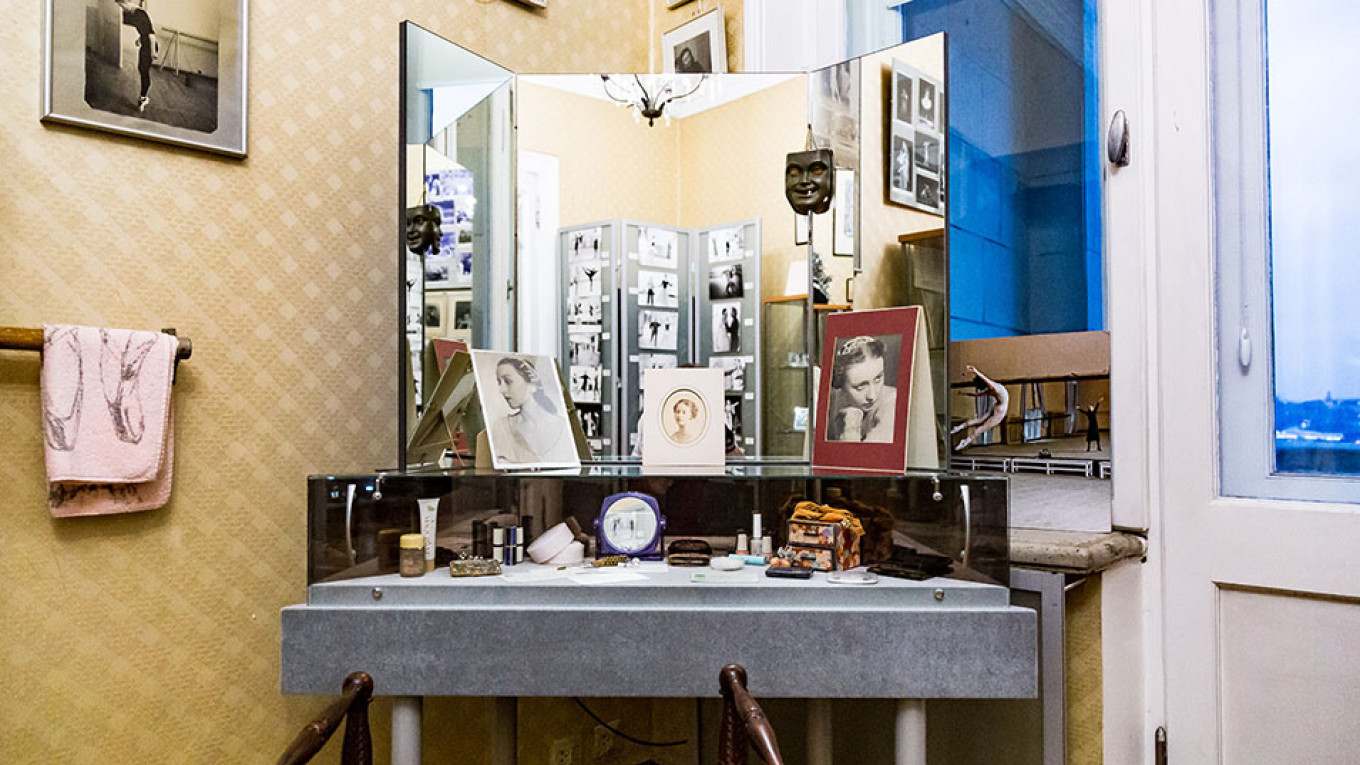
From the bedroom, we moved to Agafonovna's room, which was empty at the time of Ulanova's death, but now filled with an exhibition of photographs and letters. From there, we walked past the bathroom which contained Ulanova's original perfumes and a washing machine that she never quite mastered, despite detailed instructions from Agafonovna. The last stop was the kitchen, which looked like she could have had breakfast there that morning.
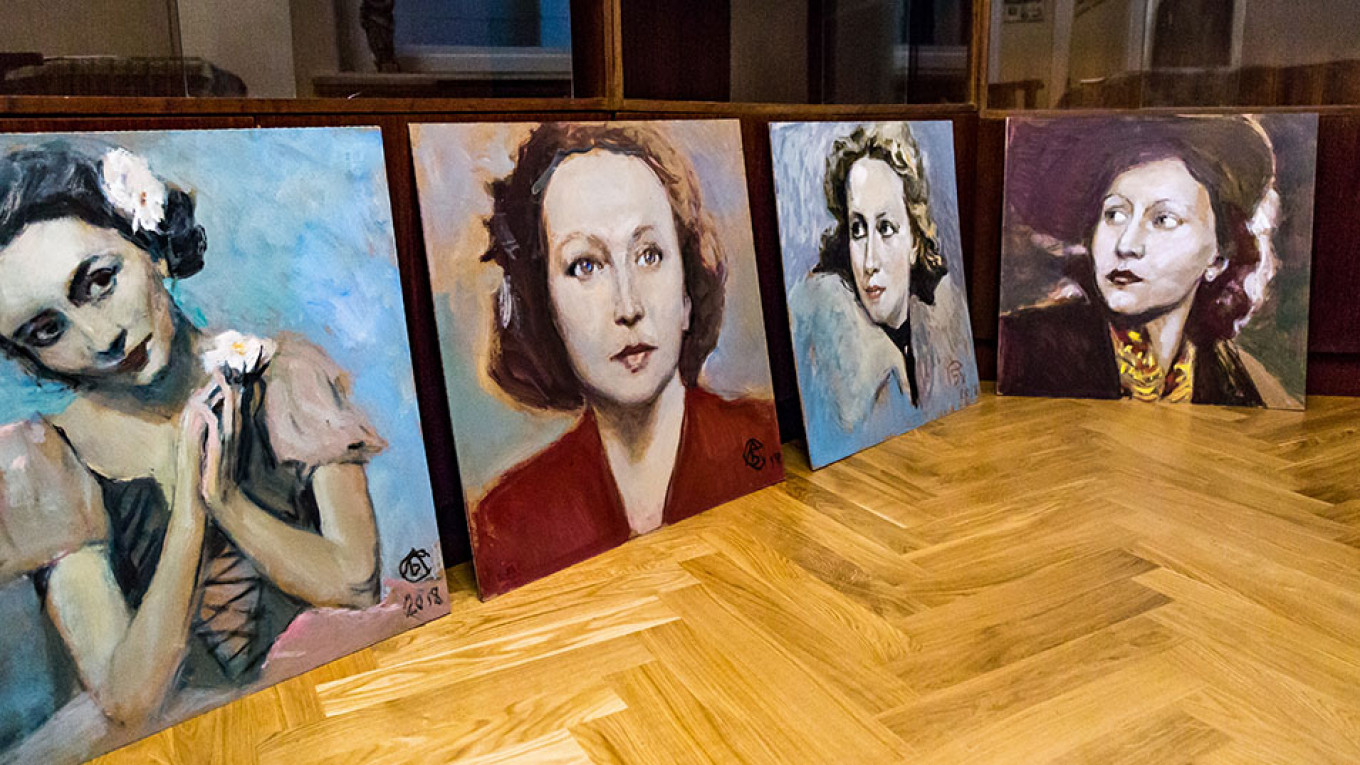
Before we parted ways, Katya Provornaya, one of the guides from the Bakhrushin theater museum (to which Ulanova's apartment belongs), held a trivia competition. Winners received small souvenir ballet shoes to hang from a Christmas tree or a rear-view mirror. We said a final toast to Ulanova, and headed home, most likely to watch grainy YouTube clips of the great dancer on stage.
To learn more about upcoming events organized by one of The Moscow Times clubs and sign up, click here.
Or follow us on Facebook!
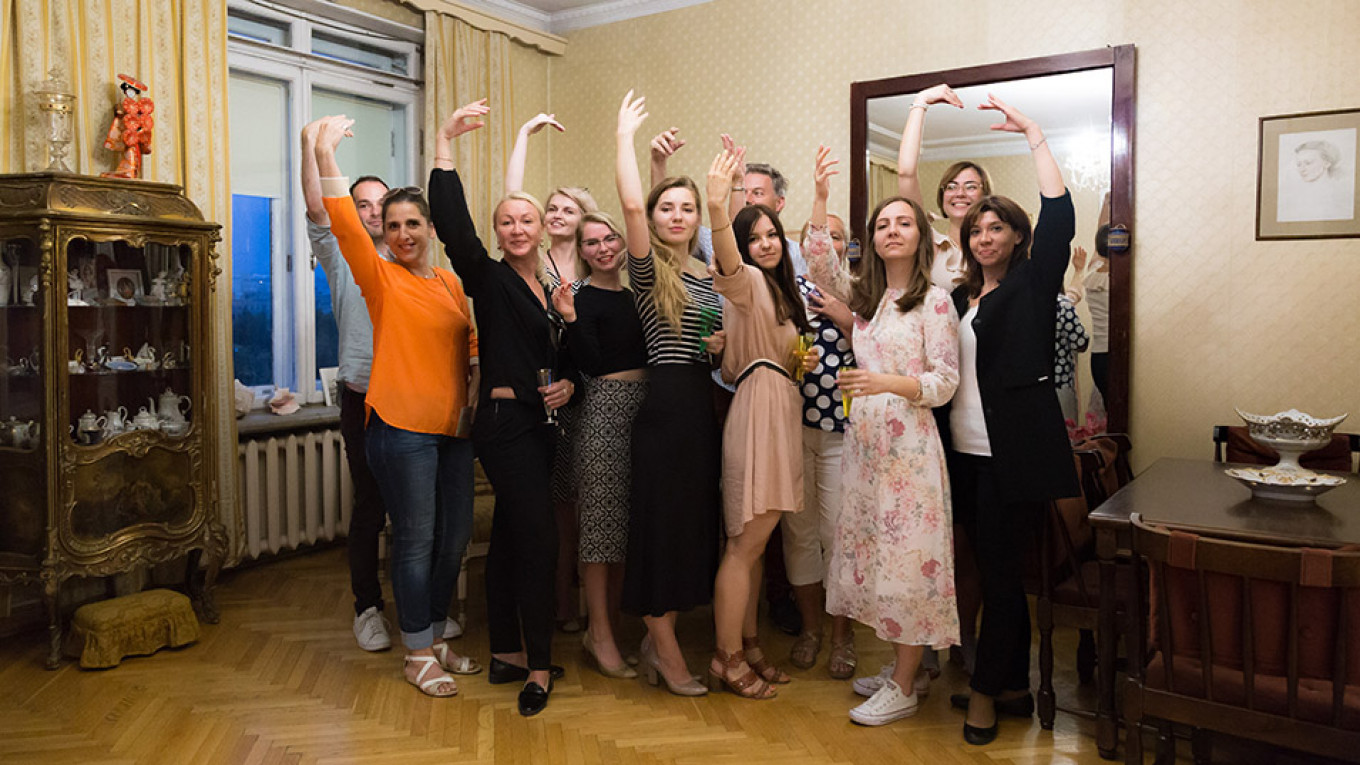
A Message from The Moscow Times:
Dear readers,
We are facing unprecedented challenges. Russia's Prosecutor General's Office has designated The Moscow Times as an "undesirable" organization, criminalizing our work and putting our staff at risk of prosecution. This follows our earlier unjust labeling as a "foreign agent."
These actions are direct attempts to silence independent journalism in Russia. The authorities claim our work "discredits the decisions of the Russian leadership." We see things differently: we strive to provide accurate, unbiased reporting on Russia.
We, the journalists of The Moscow Times, refuse to be silenced. But to continue our work, we need your help.
Your support, no matter how small, makes a world of difference. If you can, please support us monthly starting from just $2. It's quick to set up, and every contribution makes a significant impact.
By supporting The Moscow Times, you're defending open, independent journalism in the face of repression. Thank you for standing with us.
Remind me later.


